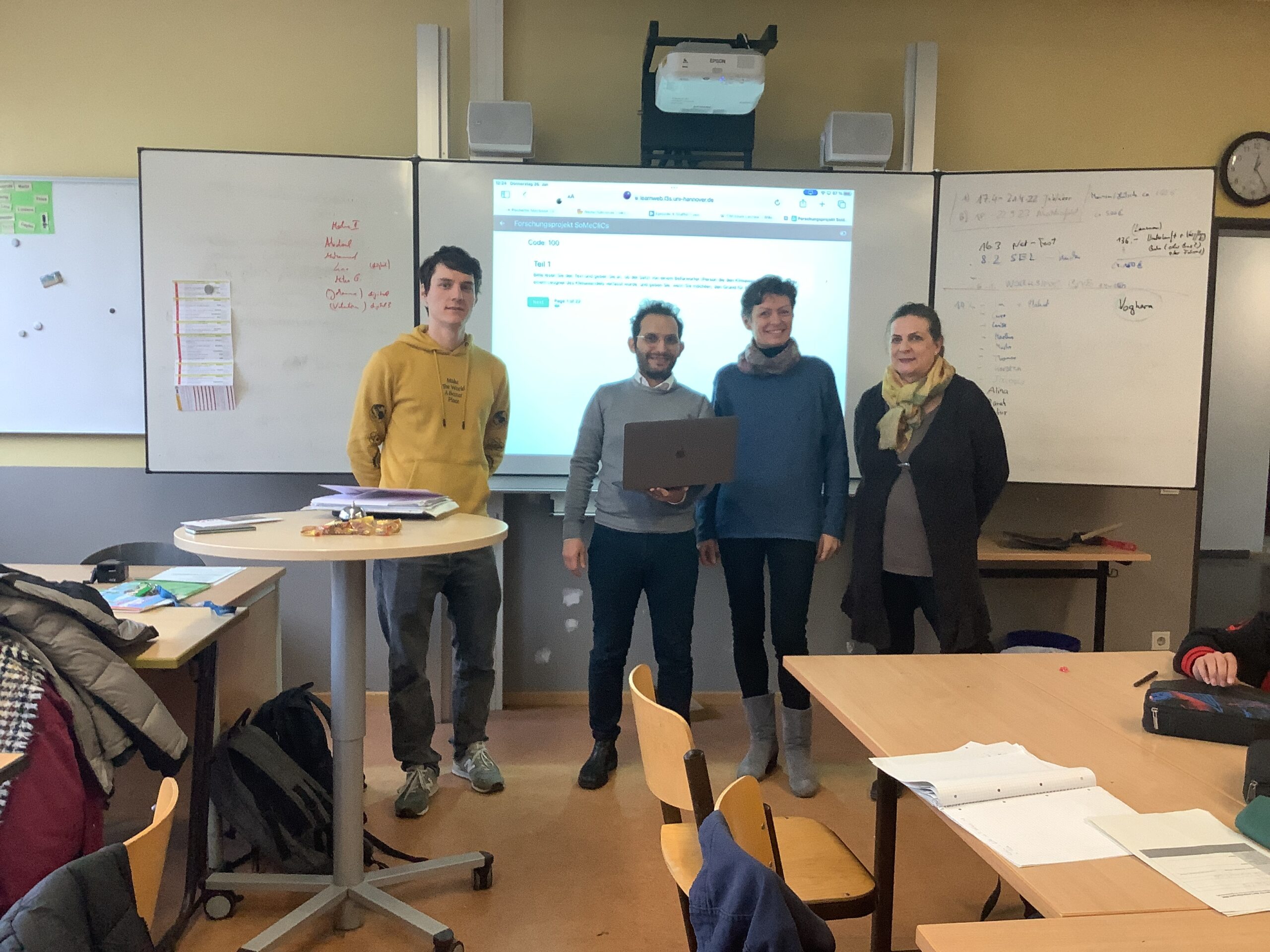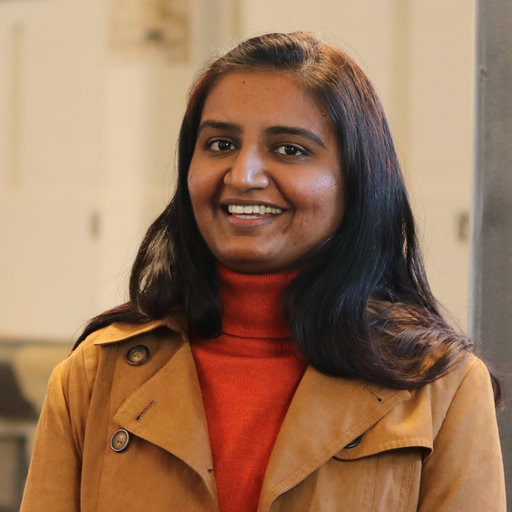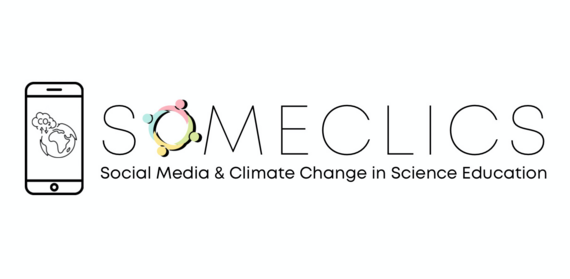The pilot studies were conducted on the Learnweb platform, which serves as a user interface for the students. It was developed by L3S doctoral student Oleh Astappiev.
Informal Education
How AI Can Promote Awareness of the Climate Crisis
What impact does social media have on the perception of scientific topics such as climate change? And thus, on social discourse? In the Social Media and Climate Change (SoMeCliCs) project, scientists from L3S and the Institute of Science Education (IDN) at Leibniz University Hannover investigate from a science education perspective how social media addresses climate change.
For young people in particular, social media are an essential source of information as an informal learning environment. However, users are not only confronted with reliable knowledge on climate change and other complex and challenging topics. Social media are also places of disinformation. Scientific facts about climate change are openly denied there. In echo chambers and filter bubbles, people reinforce each other in this attitude. When millions of users believe the misinformation of climate change deniers, this has an impact on public opinion and support for urgently needed climate protection measures dwindles. “Our team believes that AI can help educate our youth about climate change, raise awareness and prevent worse consequences in the near future,” says Dr Marco Fisichella, who leads the L3S team at SoMeCliCs together with Dr Ivana Marenzi.
Pilot studies with pupils
The SoMeCliCs researchers conducted several AI-supported pilot studies with ninth-grade students at IGS List to understand how young people perceive the topic of climate change on social media. “We investigated how students search for information on climate change on YouTube. We also wanted to know what attitudes they have towards this topic. Therefore, we asked the students to rate tweets on climate change regarding attitude and mood,” says Apoorva Upadhyaya, PhD student at L3S. The results astonished the scientists. The pilot study shows that the YouTube preferences of the students are very different: While some opted for climate change videos from credible sources, others searched for content that denied climate change. Furthermore, students tended to categorise the perceived information from the videos based on their knowledge, beliefs and preconceptions about climate change.
By working with the IGS students, the scientists gained a deep insight into young people’s interactions and perspectives on climate change. “The results of these studies help to expand our knowledge of how young people learn about climate change on YouTube and how this influences their views and attitudes,” says Upadhyaya. Dr Ivana Marenzi points out another pilot study result: the students had no difficulty understanding irony or sarcasm in tweets about climate change – in contrast to the AI system.

Oleh Astappiev, Dr Marco Fisichella, and Dr Ivana Marenzi from L3S (from left) conducted pilot studies with ninth-grade students at IGS List.
AI recognises stance towards climate change
The L3S team developed AI models in natural language processing and deep learning to categorise tweets into three categories (believe, deny or unclear) according to the stance on climate change expressed in them. The purpose of the classification: to identify tweets containing misinformation and disinformation in the highly polarising discussions on X (formerly Twitter) and, thus, to contribute to improving the culture of debate on climate change. The AI methods for recognising attitudes to climate change in Twitter data have already been presented at renowned computer science conferences.
Integrating AI into informal climate education opens up a new perspective in the fight against climate change. “At L3S, we use AI to reduce the gap between scientific knowledge and social awareness. We aim to create well-informed and engaged citizens committed to tackling the climate crisis. In the fight against climate change, knowledge really is power, and projects like SoMeCliCs point the way to a more sustainable future,” says Upadhyaya.
Contact

Apoorva Upadhyaya
Apoorva Upadhyaya is a PhD student in the SoMeClics project at L3S. Her research analyses social networks and their impact on climate change, violence and natural disasters.



